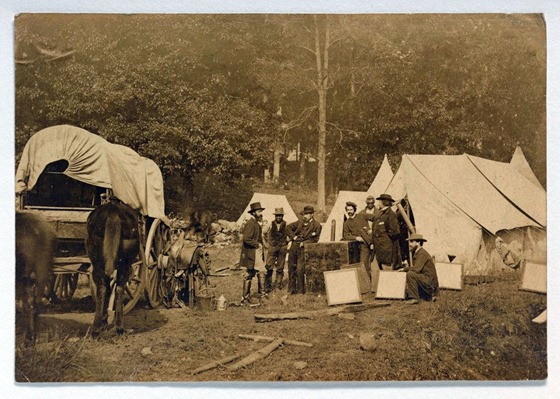OCTOBER 28TH.—Gen. Bragg is here, but will not probably be deprived of his command. He was opposed by vastly superior numbers, and succeeded in getting away with the largest amount of provisions, clothing, etc., ever obtained by an army. He brought out 15,000 horses and mules, 8000 beeves, 50,000 barrels of pork, a great number of hogs, 1,000,000 yards of Kentucky cloth, etc. The army is now at Knoxville, Tennessee, in good condition. But before leaving Kentucky, Morgan made still another capture of Lexington, taking a whole cavalry regiment prisoners, destroying several wagon trains, etc. It is said Bragg’s train of wagons was forty miles long! A Western tale, I fear.
Letters from Lee urge the immediate completion of the railroad from Danville to Greenville, North Carolina, as of vital importance. He thinks the enemy will cut the road between this and Weldon. He wants Confederate notes made a legal tender; and the President says that, as the courts cannot enforce payment in anything else, they are substantially a legal tender already. And he suggests the withholding of pay from officers during their absence from their regiments. A good idea.
Everything indicates that Richmond will be assailed this fall, and that operations in the field are not to be suspended in the winter.
Polk, Bragg, Cheatham, etc. are urging the President to make Col. Preston Smith a brigadier-general. Unfortunately, Bragg’s letter mentioned the fact that Beauregard had given Smith command of a brigade at Shiloh; and this attracting the eye of the President, he made a sharp note of it with his pencil. “What authority had he for this?” he asked; and Col. Smith will not be appointed.










